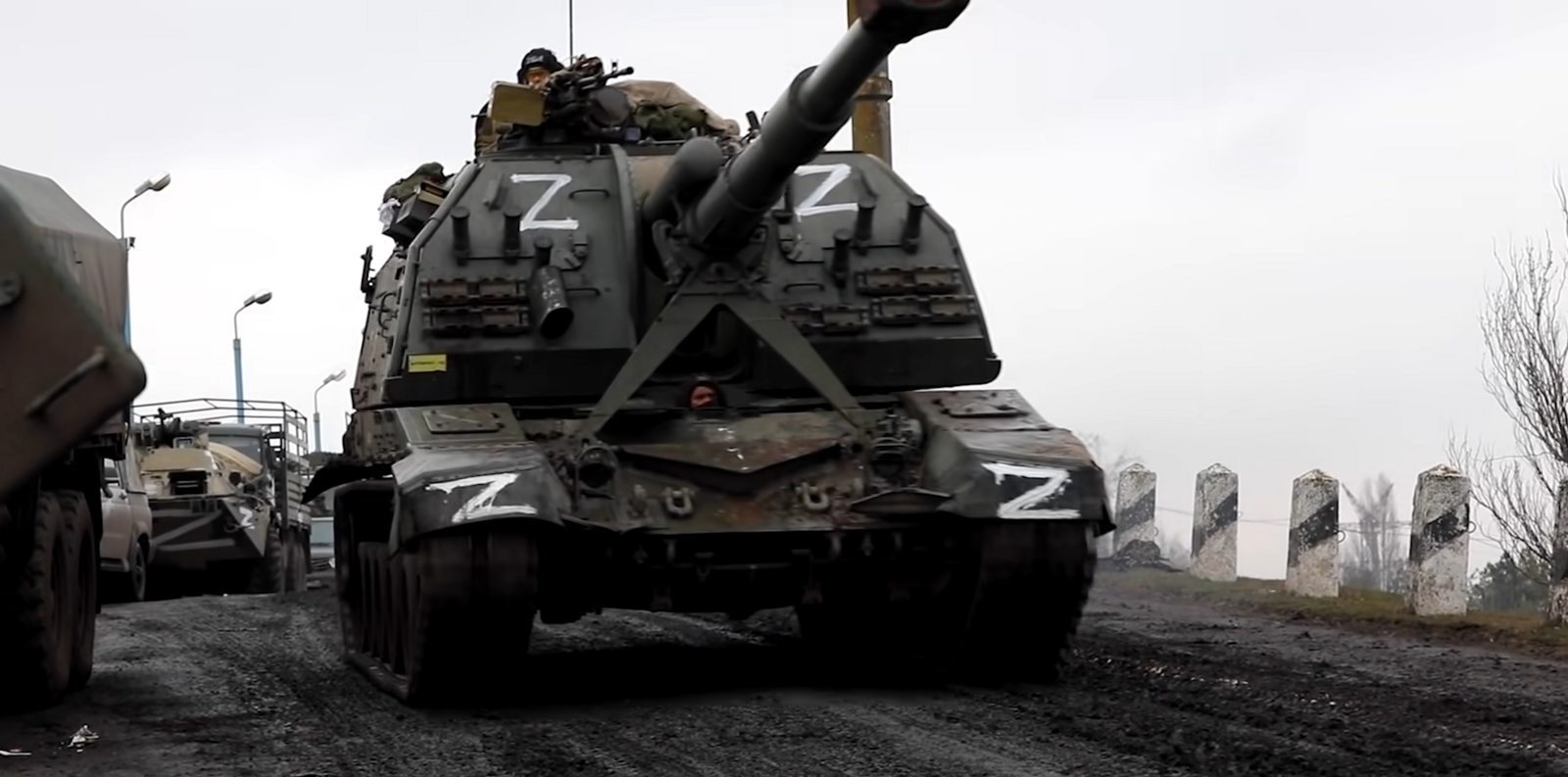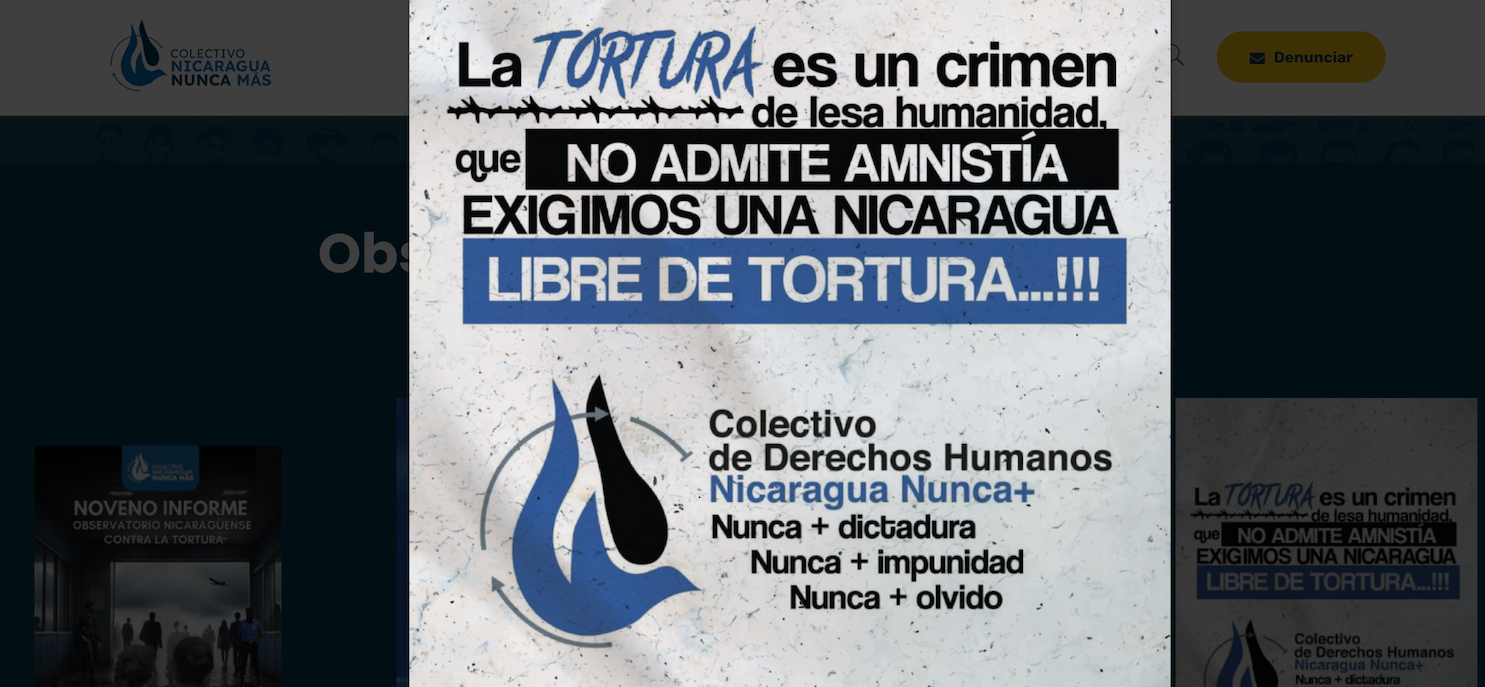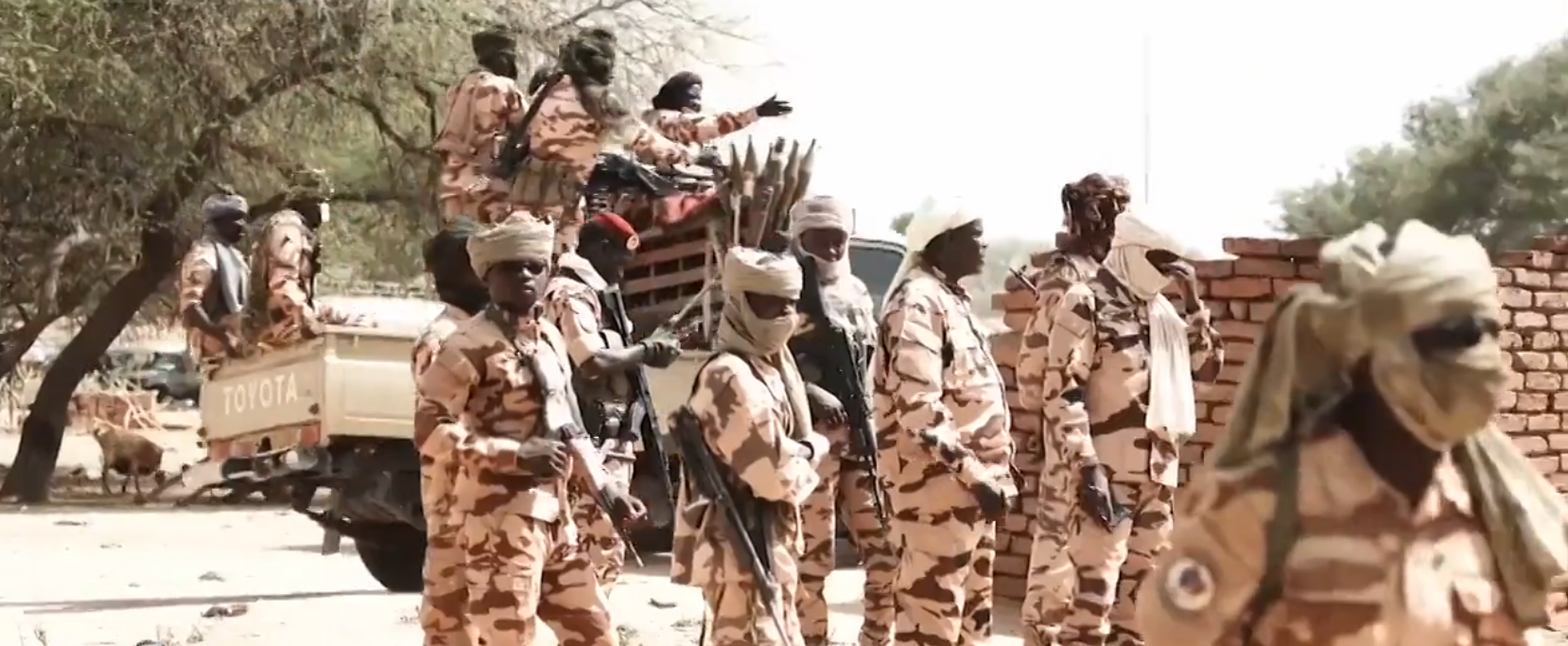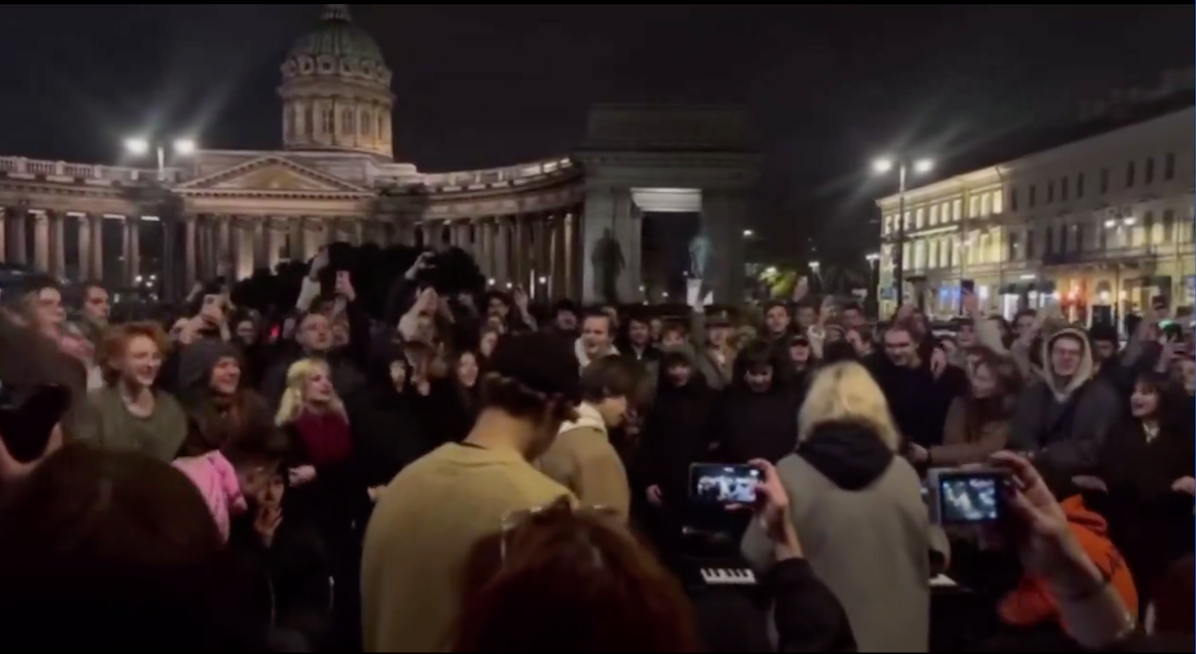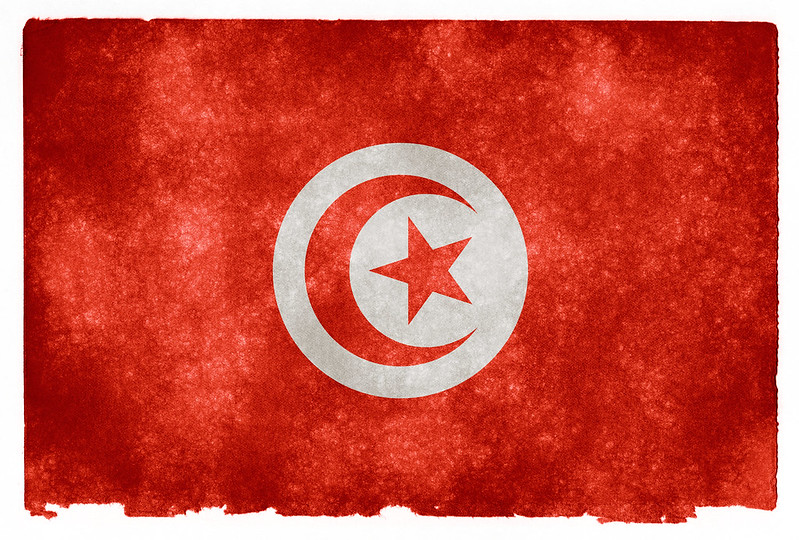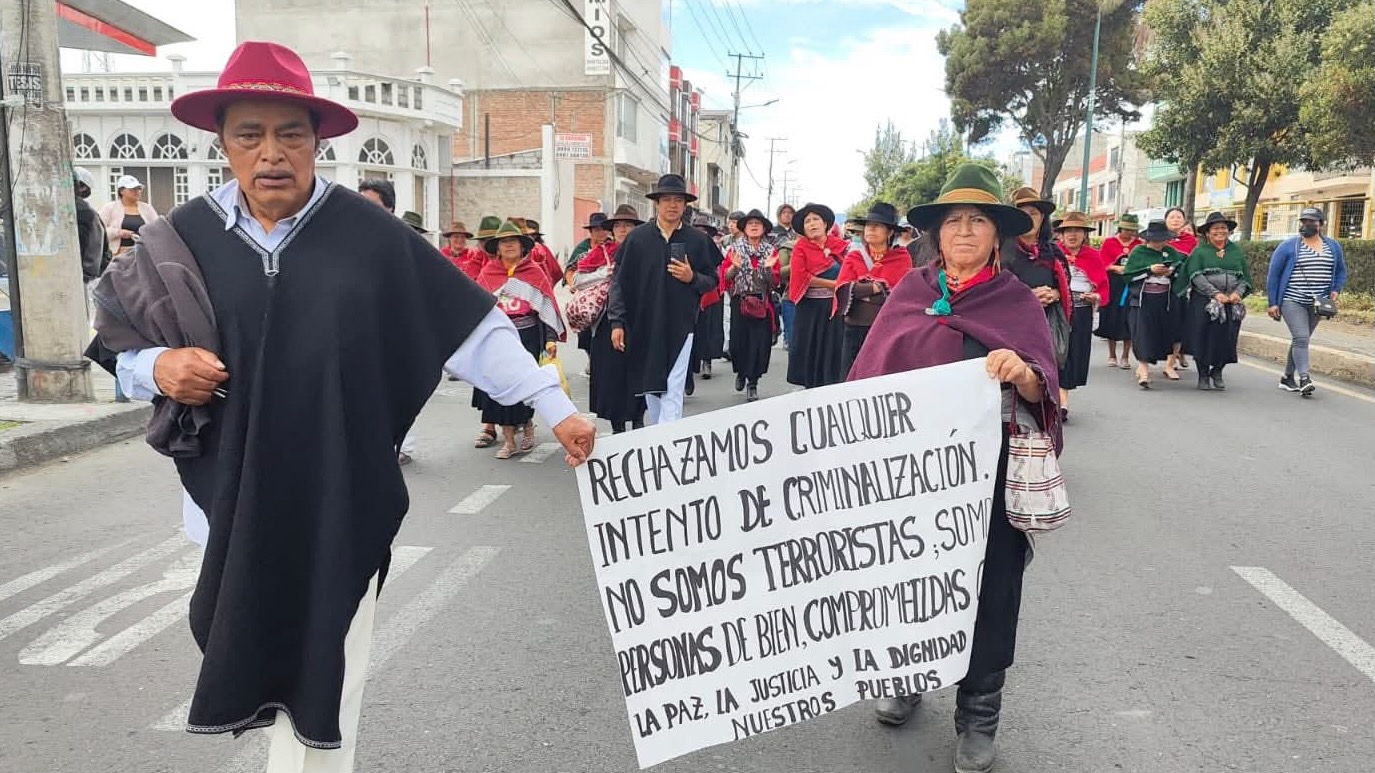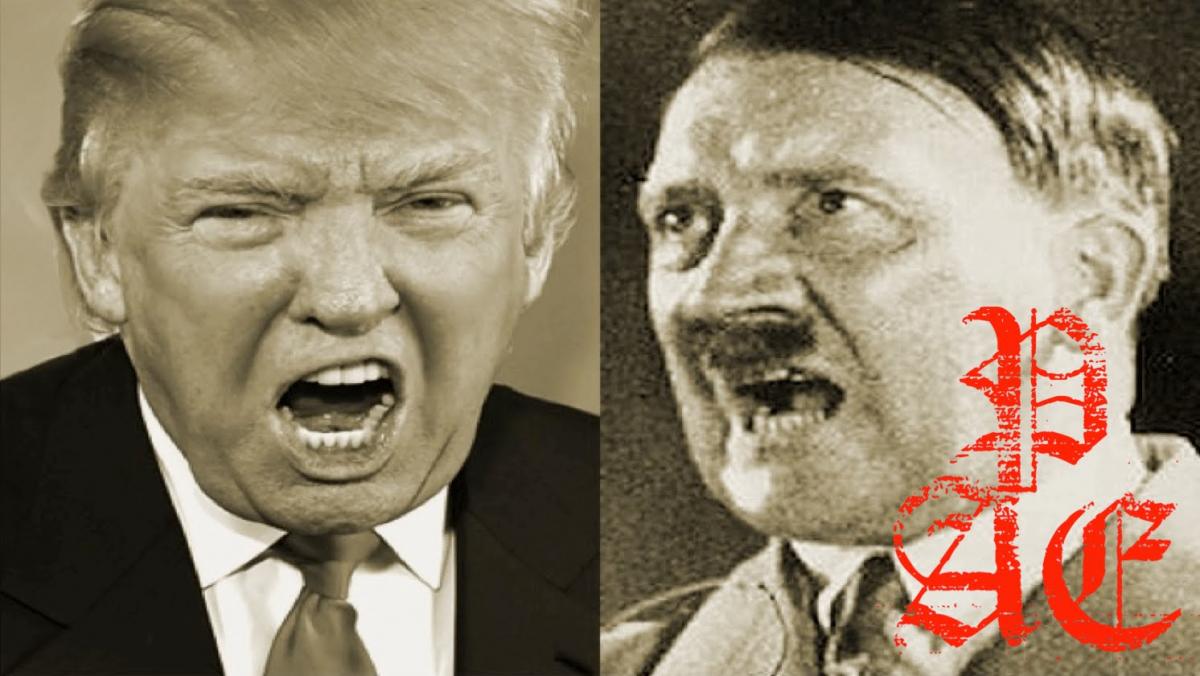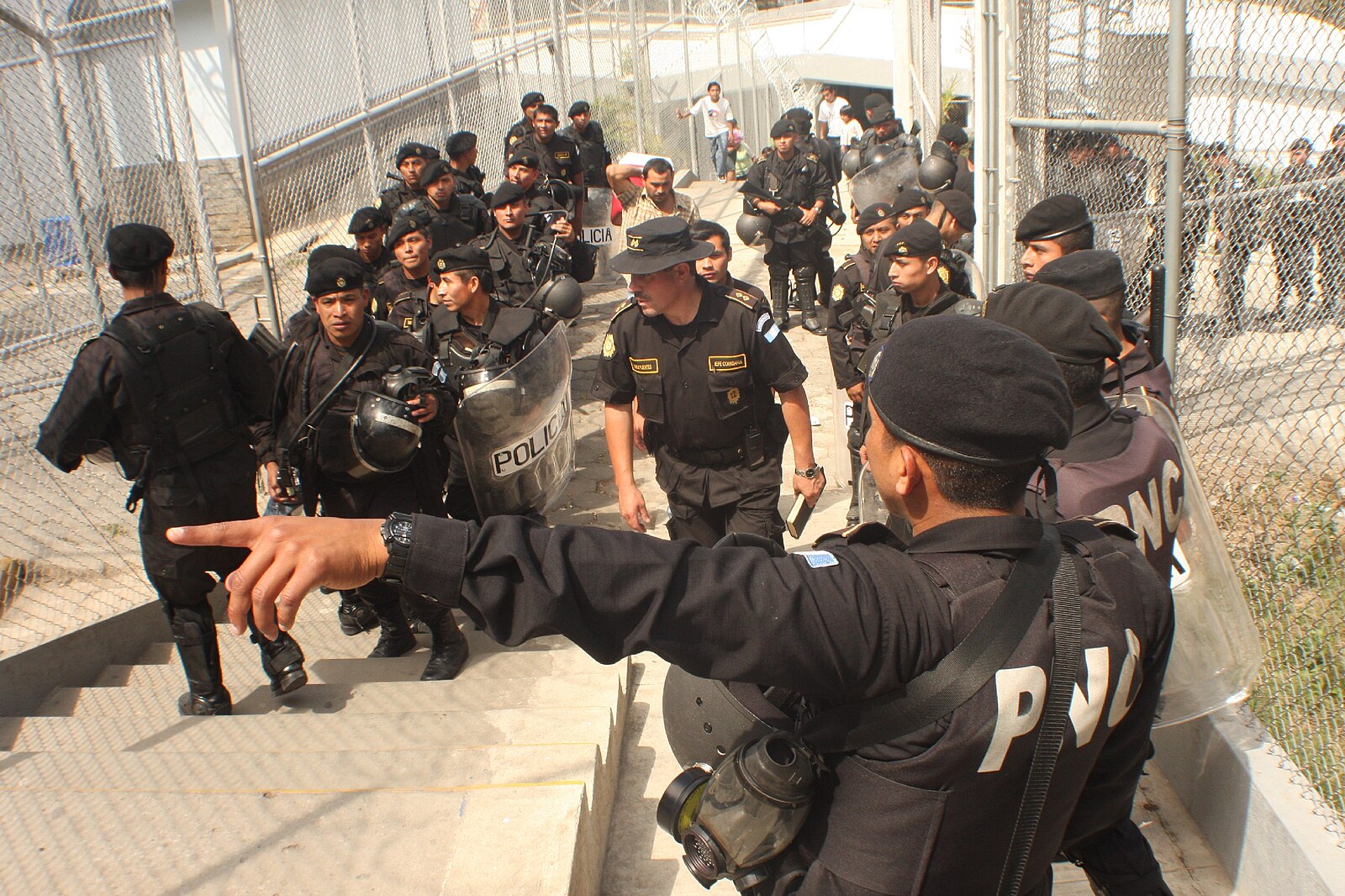
Anti-mara militarization in Guatemala
Guatemala’s Congress passed a law designating the Barrio 18 and MS-13 gangs as “terrorist organizations.” The move came days after 20 Barrio 18 convicts broke out of the maximum-security Fraijanes II prison outside the capital. The new “Ley Anti-pandillas” provides for heavier sentences for gang members convicted of crimes such as extortion or recruitment of minors, and calls for the construction of more-maximum security prisons. (Photo: Danilojramirez via Wikimedia Commons)



